Religion in China is very ancient, dating back over 7000 years. Three main philosophies were the basis of religion in China. These were Taoism, Buddhism and Confucianism.
Early religion
Before these three main religions and teachings gained popularity, people worshipped nature and also ideas, like “wealth” or “luck”.
Rituals surrounding nature, crops and the earth would have also been practiced in ancient times.
Historians know about this through the graves that have been unearthed by archaeologists from the Neolithic Banpo Village (dated around 4500-3750 BC).
Because people were buried with artefacts in their graves, this tells archaeologists that people believed that there was life after death.
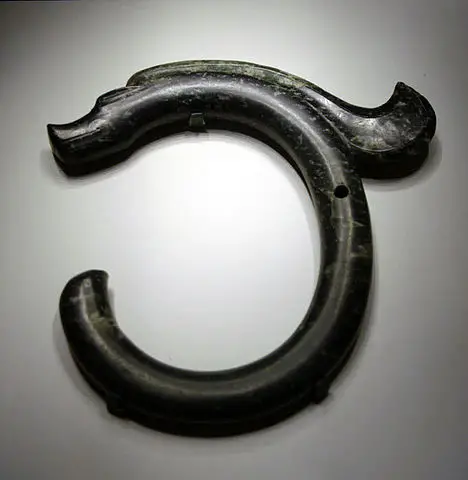
Archaeologists have also found evidence of priests as well as objects used for divination (predicting what might happen or unknown events).
Worshipping ancestors was also very important. Worshipping family members or important people who had passed away meant turning people into gods or deities.
Ancestor worship is something that stayed within many religious practices throughout China. Shrines would be made, and offerings would have been given to them.
During the Shang Dynasty (1600-1046 BC), religion had developed and there was a supreme god (a main god above all others) called Shangti. There were over 200 other gods.
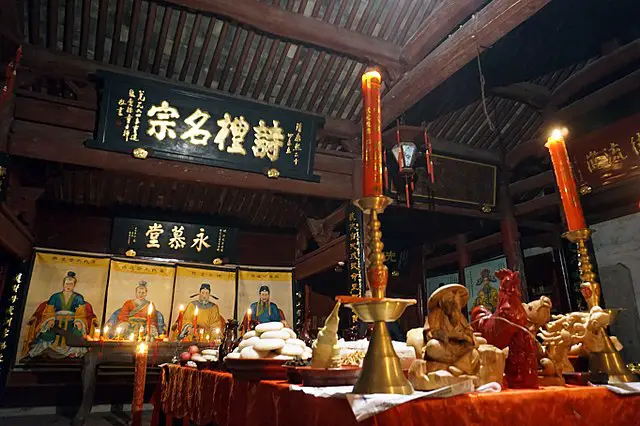
Ghosts
As early as the Shang Dynasty (1600-1046), people also believed in ghosts and there were lots of ghost stories in early Chinese literature.
Ghosts were those who had died and had not been buried in the correct way.
Therefore, it was believed these spirits could not let go and were attached to the earth. There was even a form of ancient Chinese zombies called jiangshi (‘stiff bodies’)!
There is a day called Tomb Sweeping Day on 4th April where people go to graves to pay their respects to the dead.
Divination
Divination is when people try to predict the future or unknown events by contacting the spirit world. Divination was a big part of Ancient Chinese religion.
In Ancient China, ‘oracle bones’ would be used. Someone with mystical powers (a psychic or a priest) would be paid to tell the future using special messages on these oracle bones.
They would write a question on these bones and then heat them up until they cracked in order to get an answer.
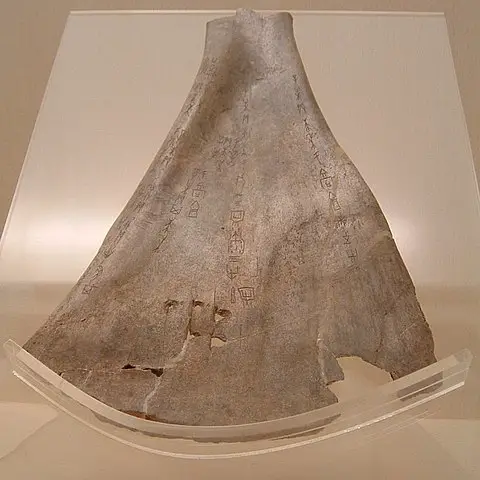
Confucius
Confucius was a philosopher who lived between 551 and 479 BC. He wrote lots of important texts that influenced Chinese education, society and religion.
He said it was okay to believe in ancestor worship, but he thought people relied too much on supernatural powers.
These ideas had a big influence on religion, especially during the Warring States Period (476-221 BC).
Banning Religion
During the Qin Dynasty, the emperor Shi Huangti banned religion. He tried to replace it with an idea called legalism.
Shi Huangti was very strict and burned books that did not suit his own family history and his own ideas.
During the Han Dynasty (202-220 AD), Confucianism became more popular again.
Buddhism
There was a route that went through China and other parts of Asia called the Silk Road where goods were traded.
Sometimes, though, it was not just goods that were traded along trade routes, but also ideas, even religious ideas.
This is how Buddhism spread to China in the 1st century AD. The ideas of Buddhism combined with earlier religious beliefs and remained a strong influence in China after its introduction.
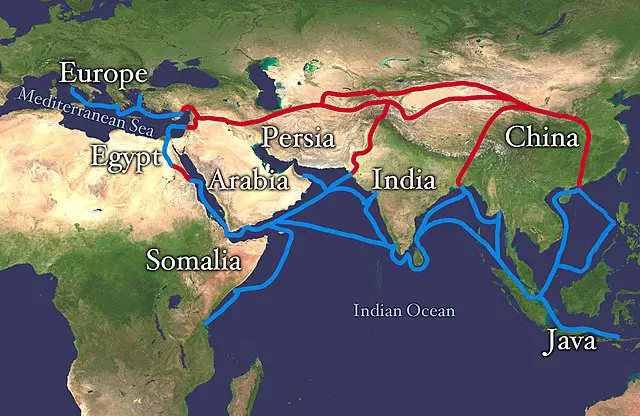
Taoism
Taoism is a religious tradition that has had a big influence in China. It is thought to have begun in the 4th century BC. Taoism is about something called the Tao.
Tao means ‘the way’, it is like an invisible energy that runs the universe. The ideas of yin and yang (opposites) are a part of Taoism.
There are deities (god-like figures) that are worshipped but Tao itself is not worshipped.
A Taoist would believe in being at one with nature. Taoists meditate, read scriptures and chant in order to practice their beliefs.
Quiz
Test your knowledge of Ancient Chinese religion with the quick quiz…
- What were the three main religious influences in Ancient China?
- What is an ancestor?
- What is Tomb Sweeping Day?
- What did Shi Huangti do when he banned religion?
- What do Taoists believe in?
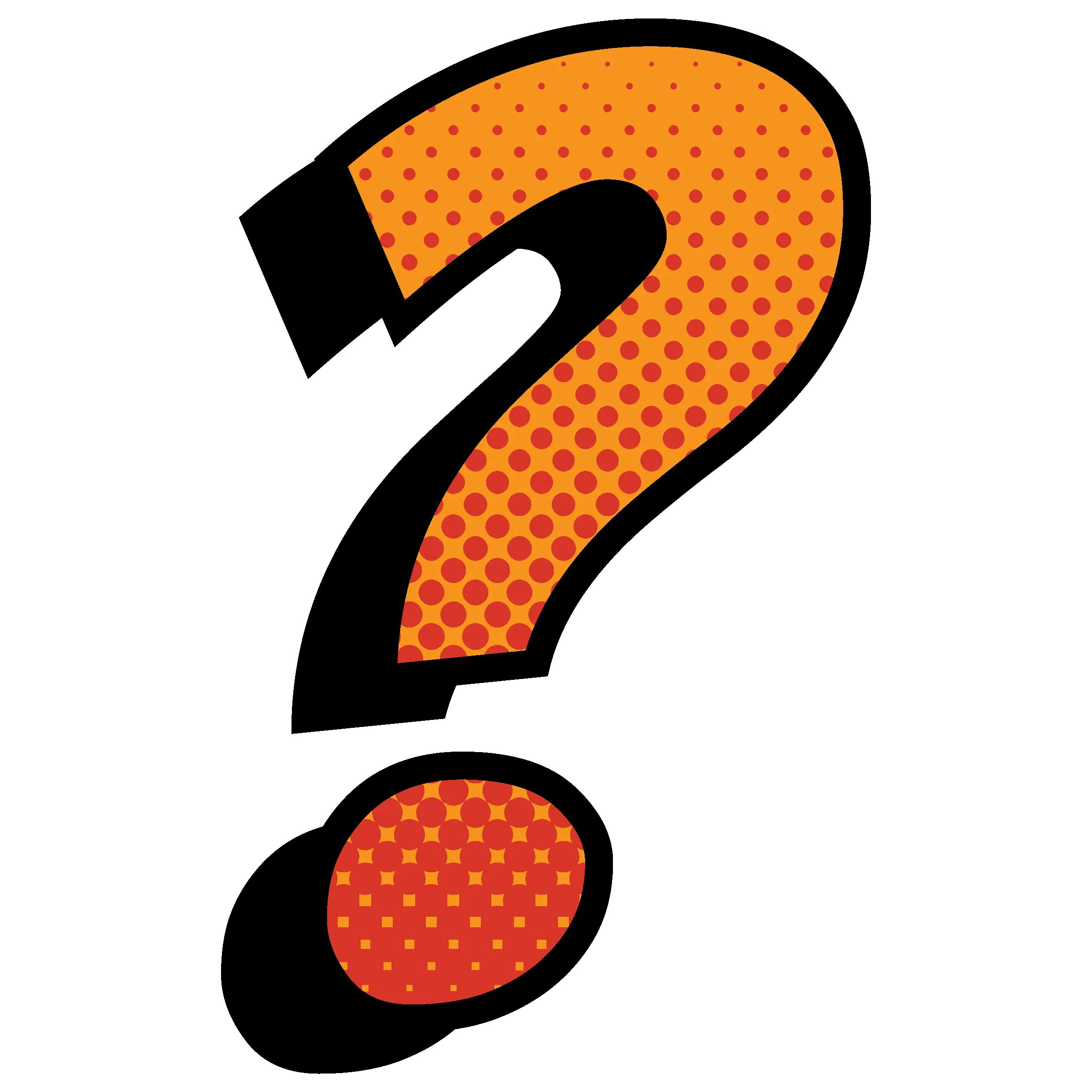
Answers
- Taoism, Buddhism and Confucianism
- An ancestor is someone who you are related to in some way and who is no longer living
- Tomb sweeping day is when people pay respects to the dead at their graves
- Shi Huangti burnt books
- Taoists believe in nature